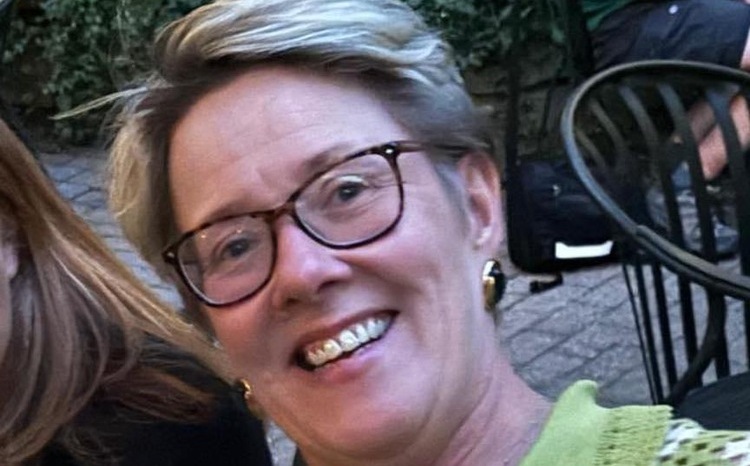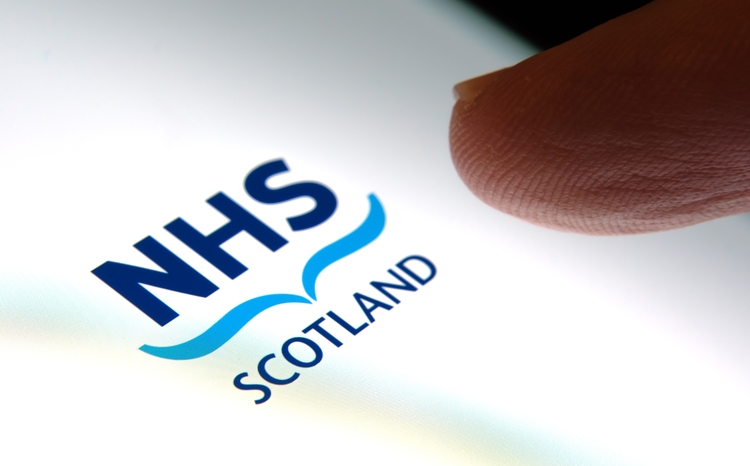Telephone GP consultations show promise – report

Introducing telephone GP consultations has proved effective but video has shown less tangible benefits, says an NHS England report.
Evaluating the £50 million Prime Minister’s GP Access Fund, also known as the Challenge Fund, the review found interoperability and IT provider limitations were key barriers to implementing technology.
Set up by David Cameron in 2013, this report evaluates the money provided between April 2014 and March 2015 across 20 pilot sites covering 1,100 practices. However, this evaluation was only released in October.
The money was intended to provide additional hours of GP appointment time, improve patient and staff satisfaction with access to general practice and increase the ways GPs can be contacted.
The report said that 12 pilots introduced telephone consultations or a GP led telephone triage service, six pilots introduced video consultations and seven sites trialled GP e-consultations or online patient diagnostic tools.
While telephone based GP consultation models have “proved most popular and successful”, video and e-consultations “have had fewer tangible benefits with issues around implementation” and “generally had low patient take-up”, said the report.
A specific example is the Birmingham pilot where video appointments did not prove popular, and would need “intensive marketing” to increase up-take.
The finding are supported by a survey, published in June by the British Journal of General Practice, that found GPs were increasingly using telephone appointments but resisted video consulting, citing poor technology and a lack of patient demand.
The NHS England review found interoperability proved a key challenge to implementing the technology, with 11 out of 20 pilots having practices that used different IT systems.
The limitations of IT providers also restricted initiatives. For instance, in Herefordshire limited broadband capacity at local care homes meant video consultations were not possible.
Financially, return on investment for telephone consultations was described as an “encouraging outcome to date”. This tentative appraisal was repeated in the report’s conclusions where the growing evidence suggests that investment in telephone consultations could be “cost effective due to the GP time savings that are being achieved”.
In Brighton and Hove with its telephone based triage, £186,000 was invested in technology with an assumed opportunity cost saving of £430,000.
The fund’s first evaluation, released in October 2015, also said video consultations had been “challenging to implement”.
https://www.england.nhs.uk/wp-content/uploads/2015/10/pmcf-wv-one-eval-report.pdf
However, central bodies remain keen on using the technology, with Skype being a particular pet project of the health secretary, Jeremy Hunt.
Last month, the North East London Commissioning Support Unit said GPs across Greater London and surrounding counties will be provided with access to video consultations software, with hopes it will jump start the historically slow uptake of the technology.
Private technology companies are also increasingly offering GP video consultations as a standalone subscription service, both within and outside the NHS. One of these companies, Babylon Health, is already being used by NHS Southend Clinical Commissioning Group.
The report said that there will be ongoing work to see what telephone consultation model will realise the most savings, for example either a central call centre or individual practice telephone systems.





